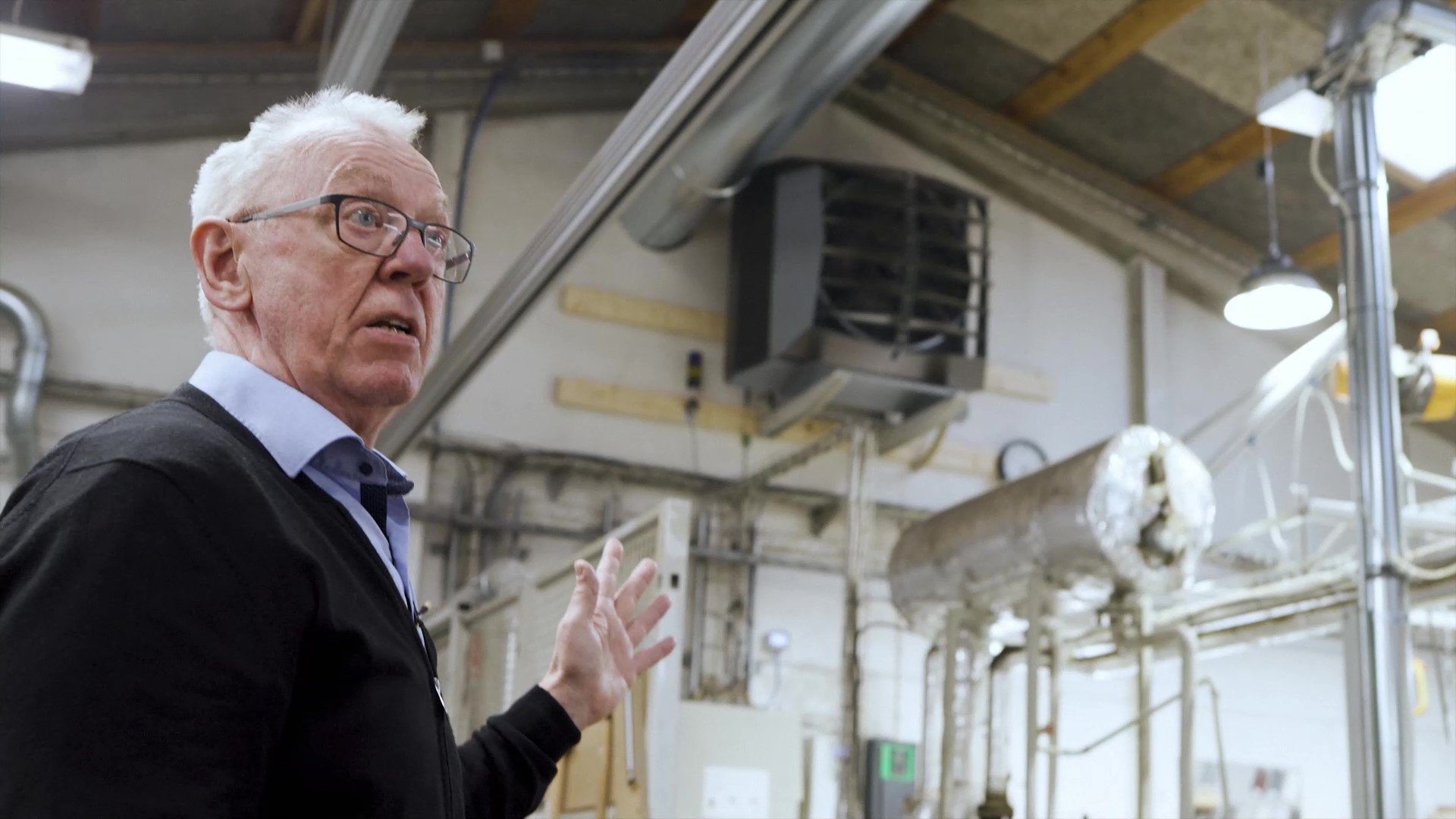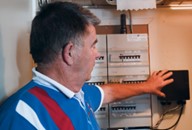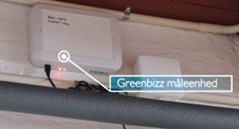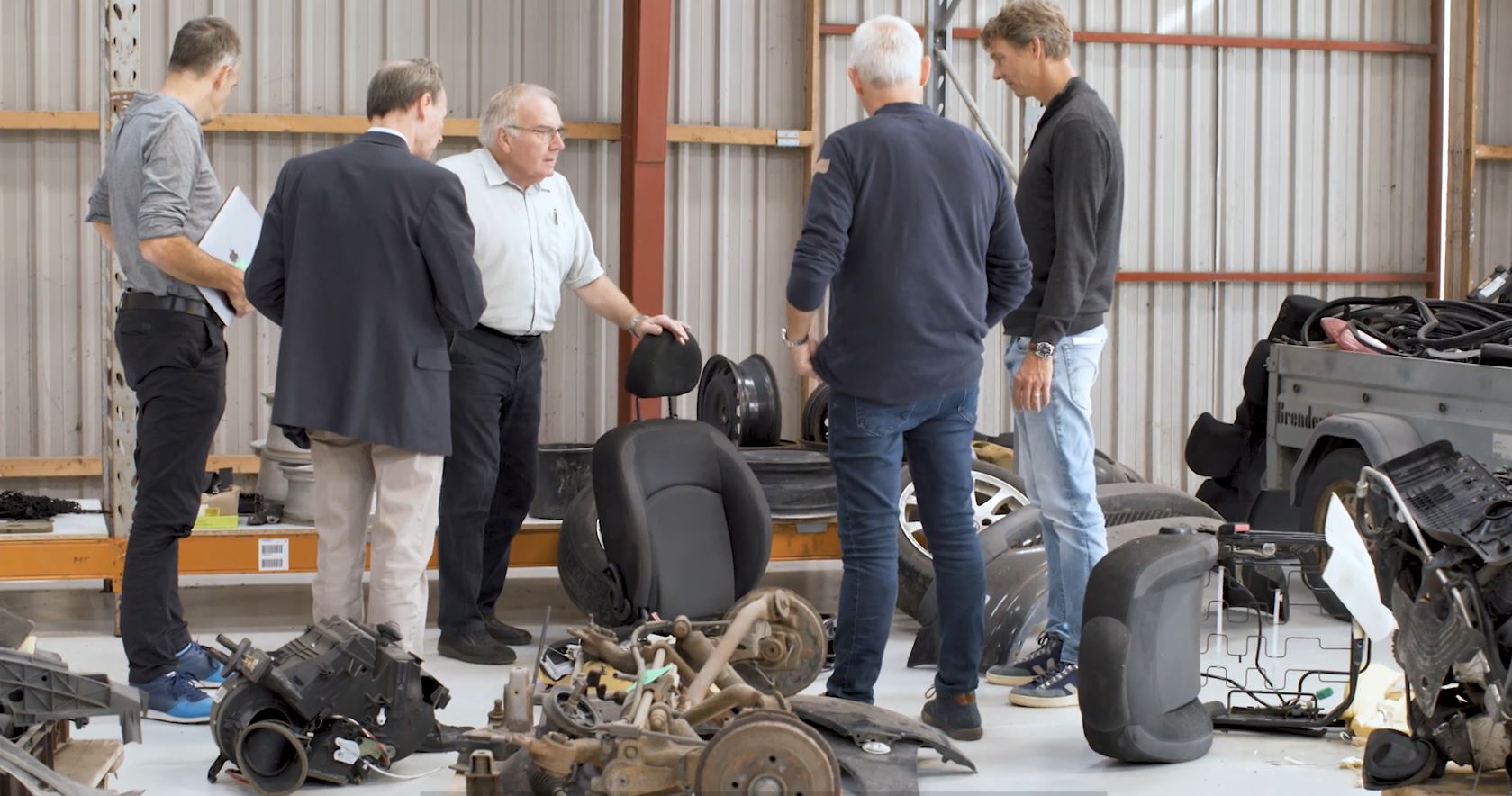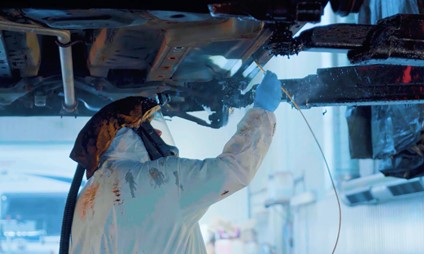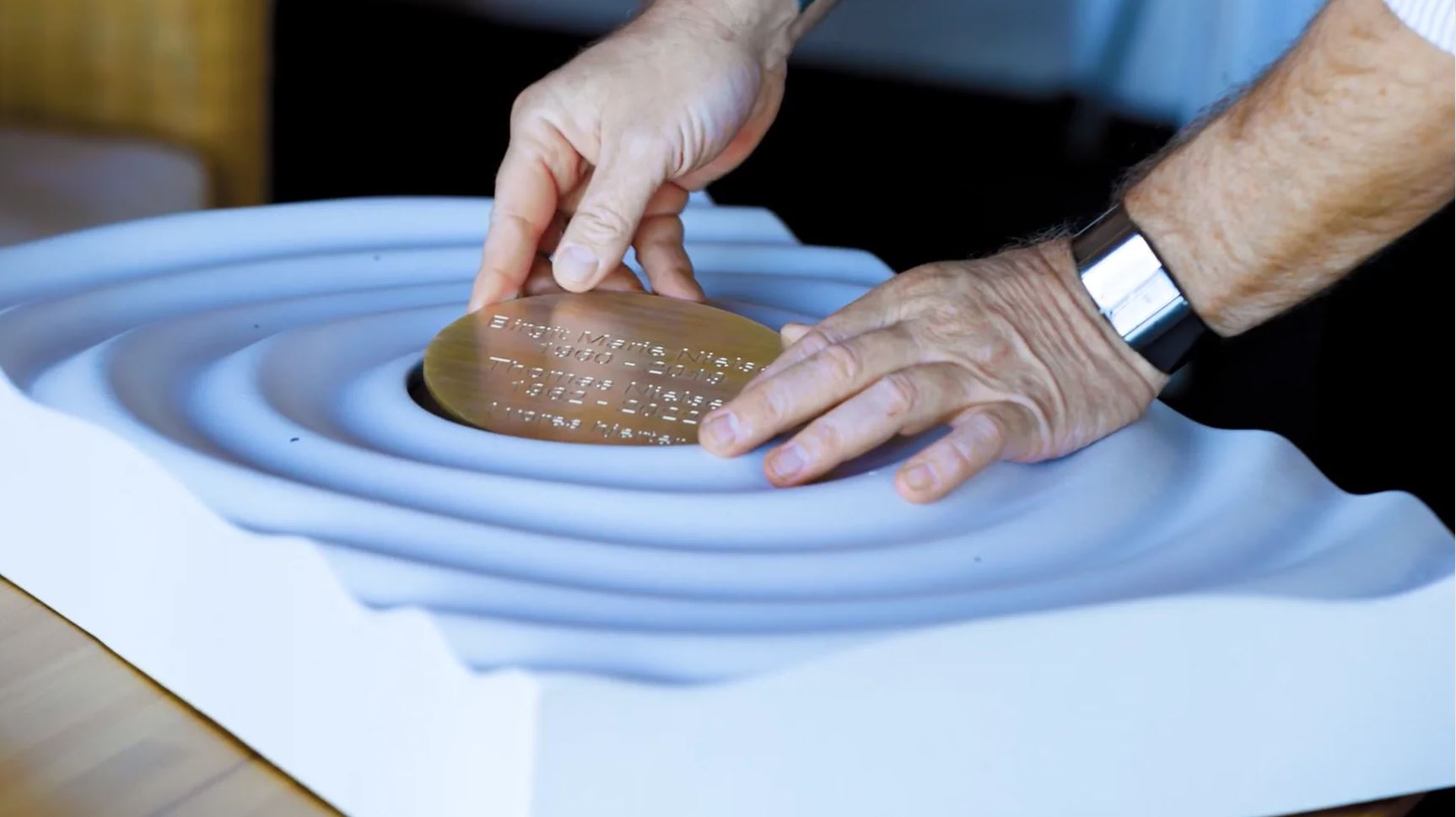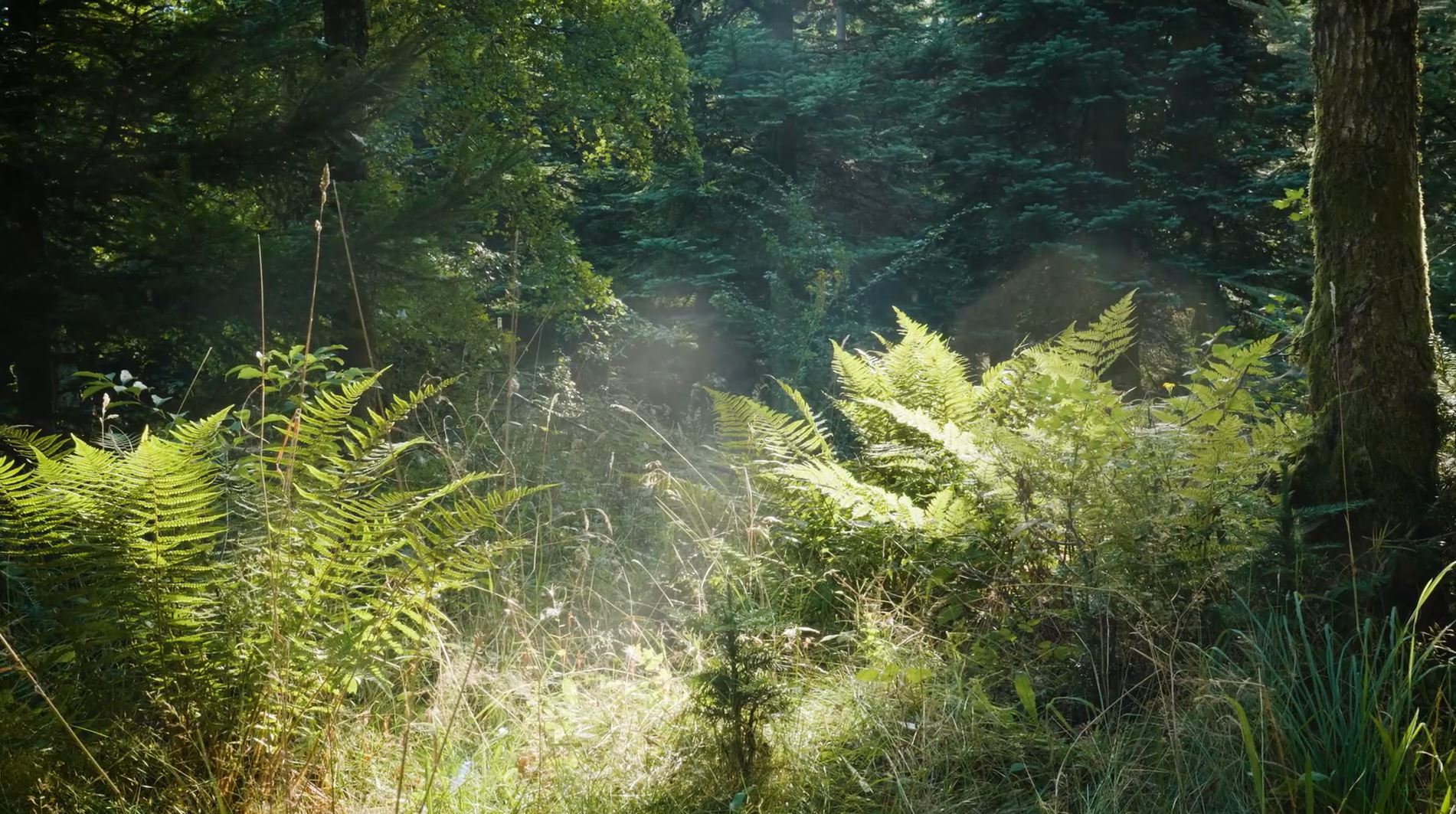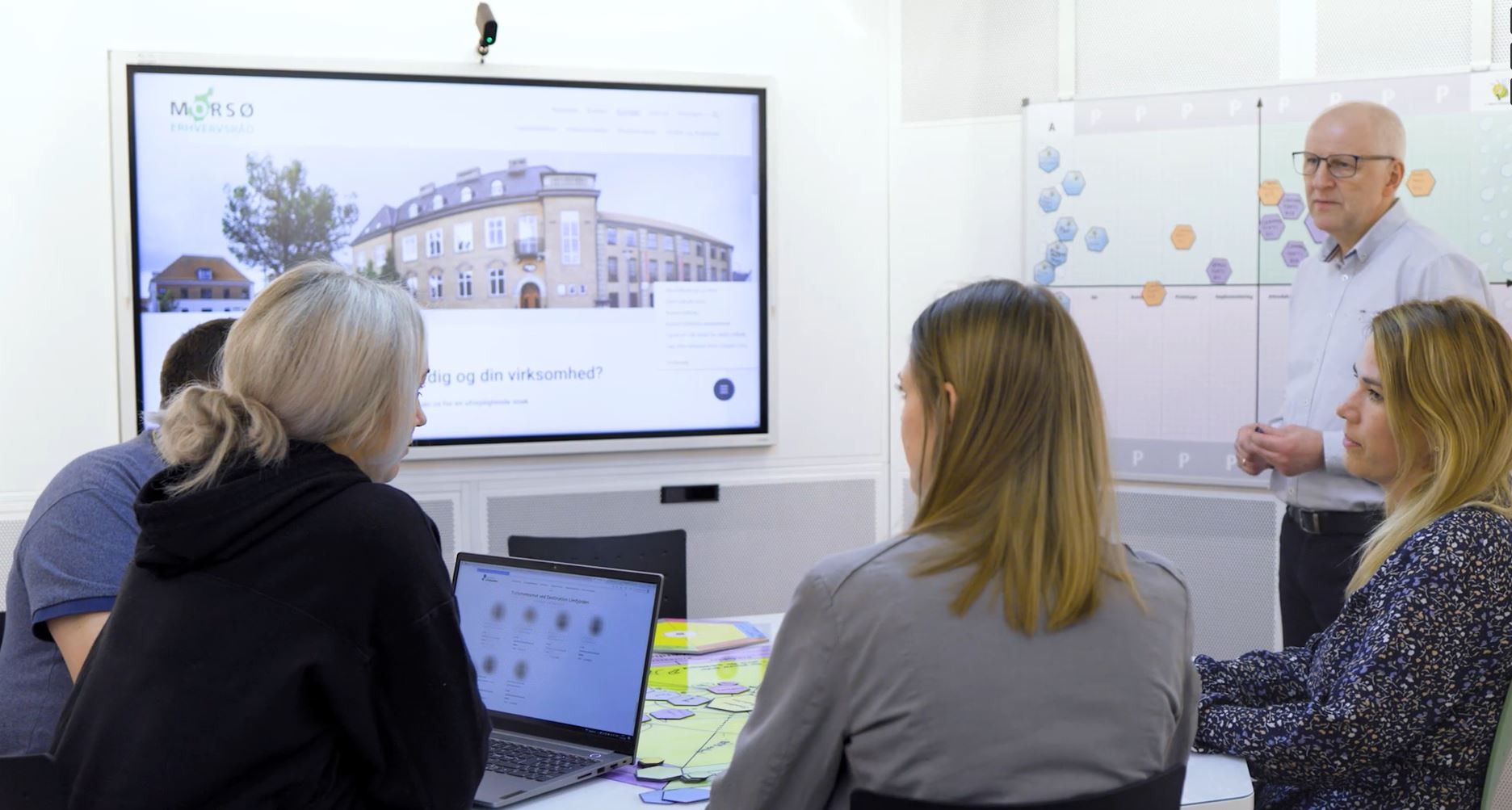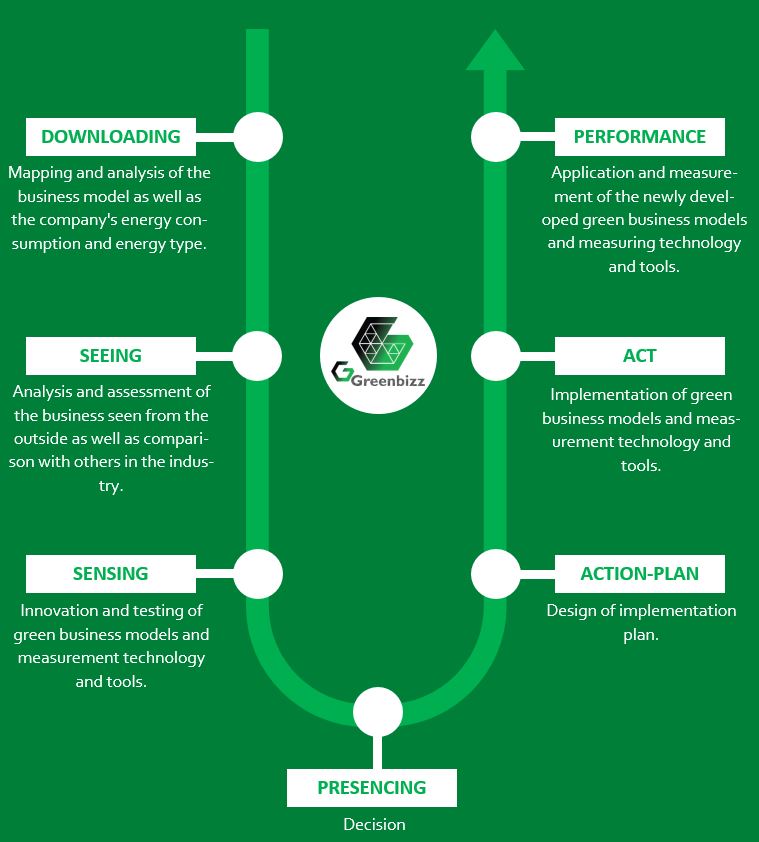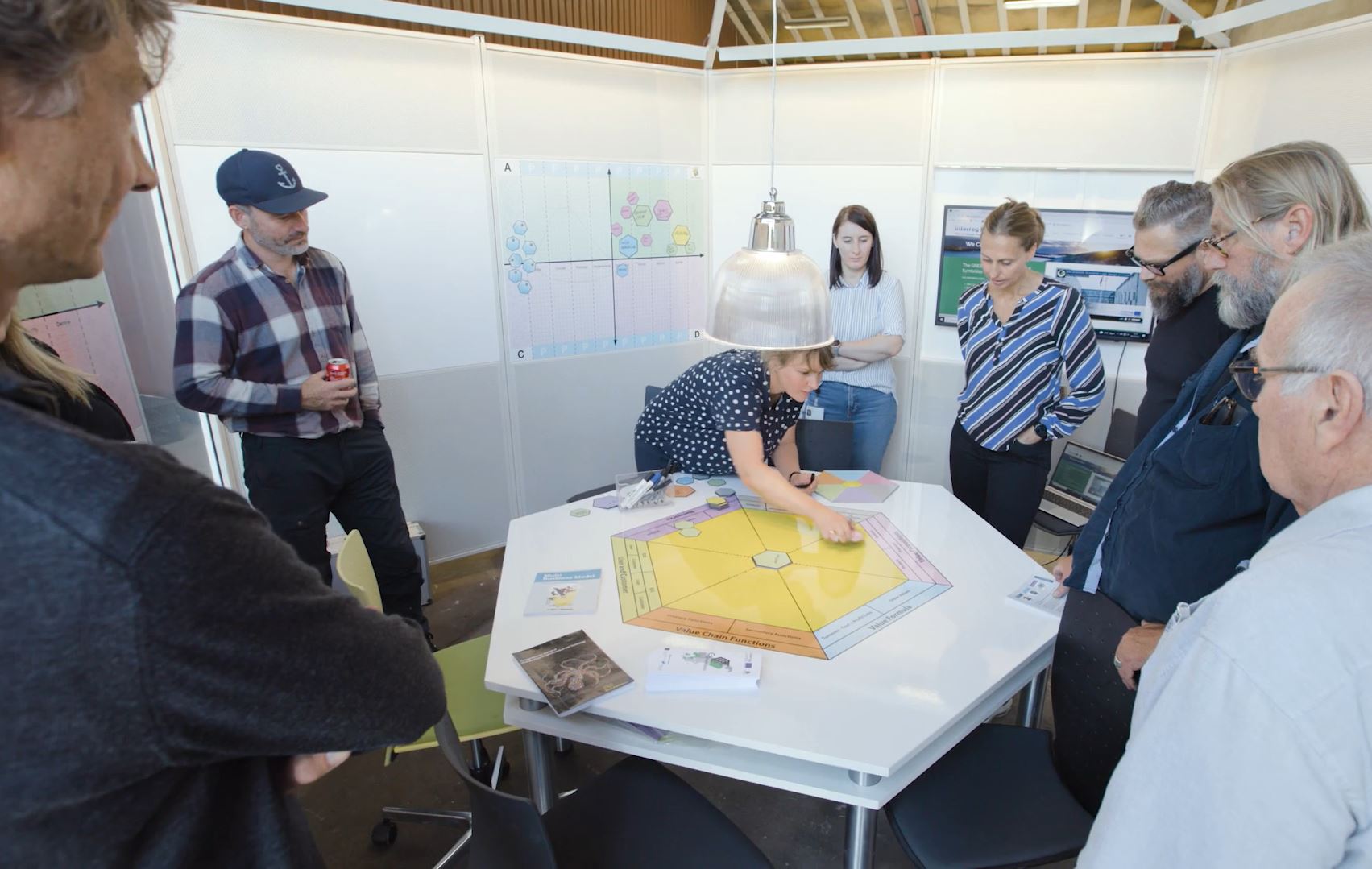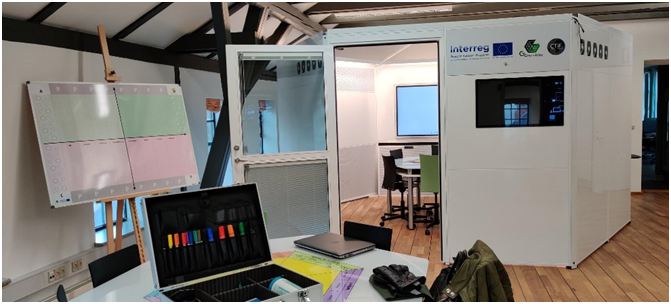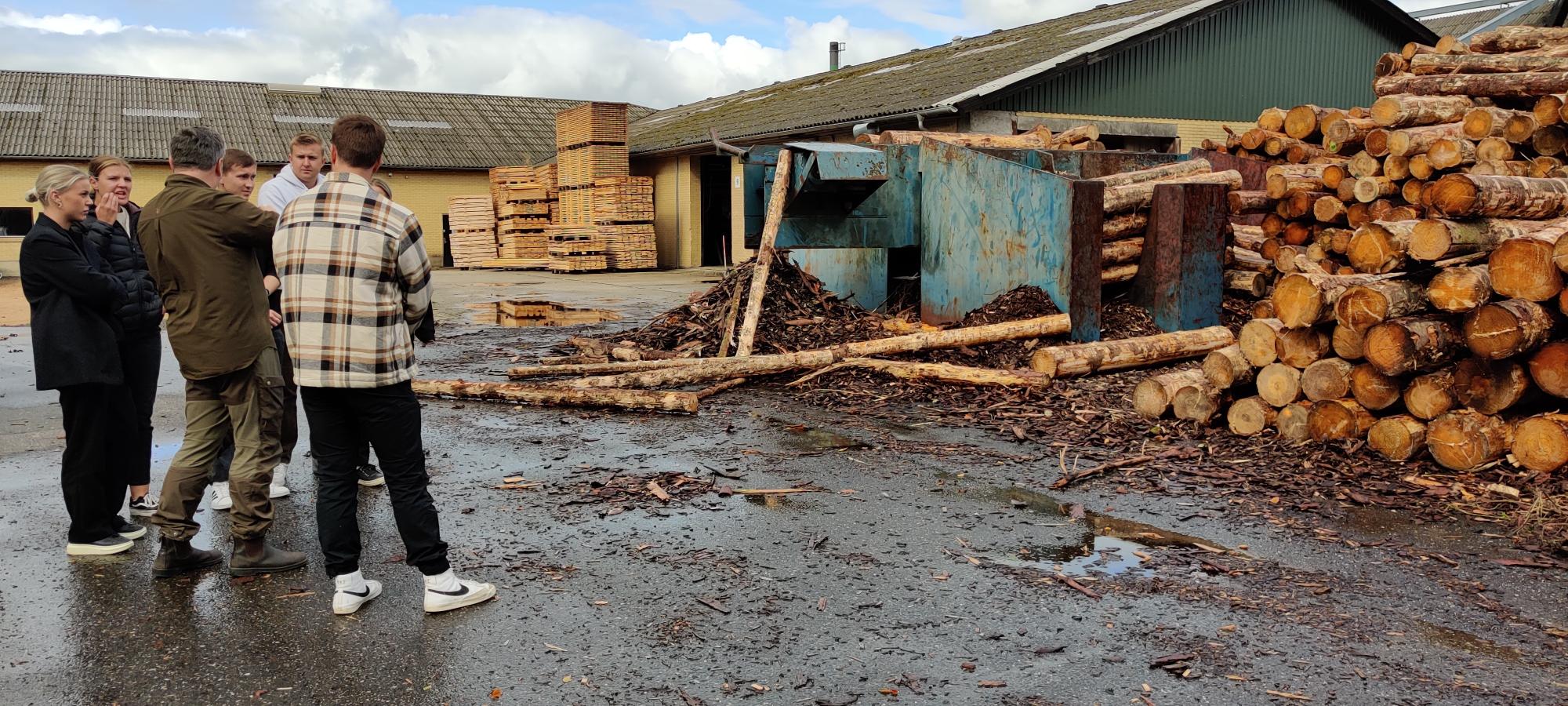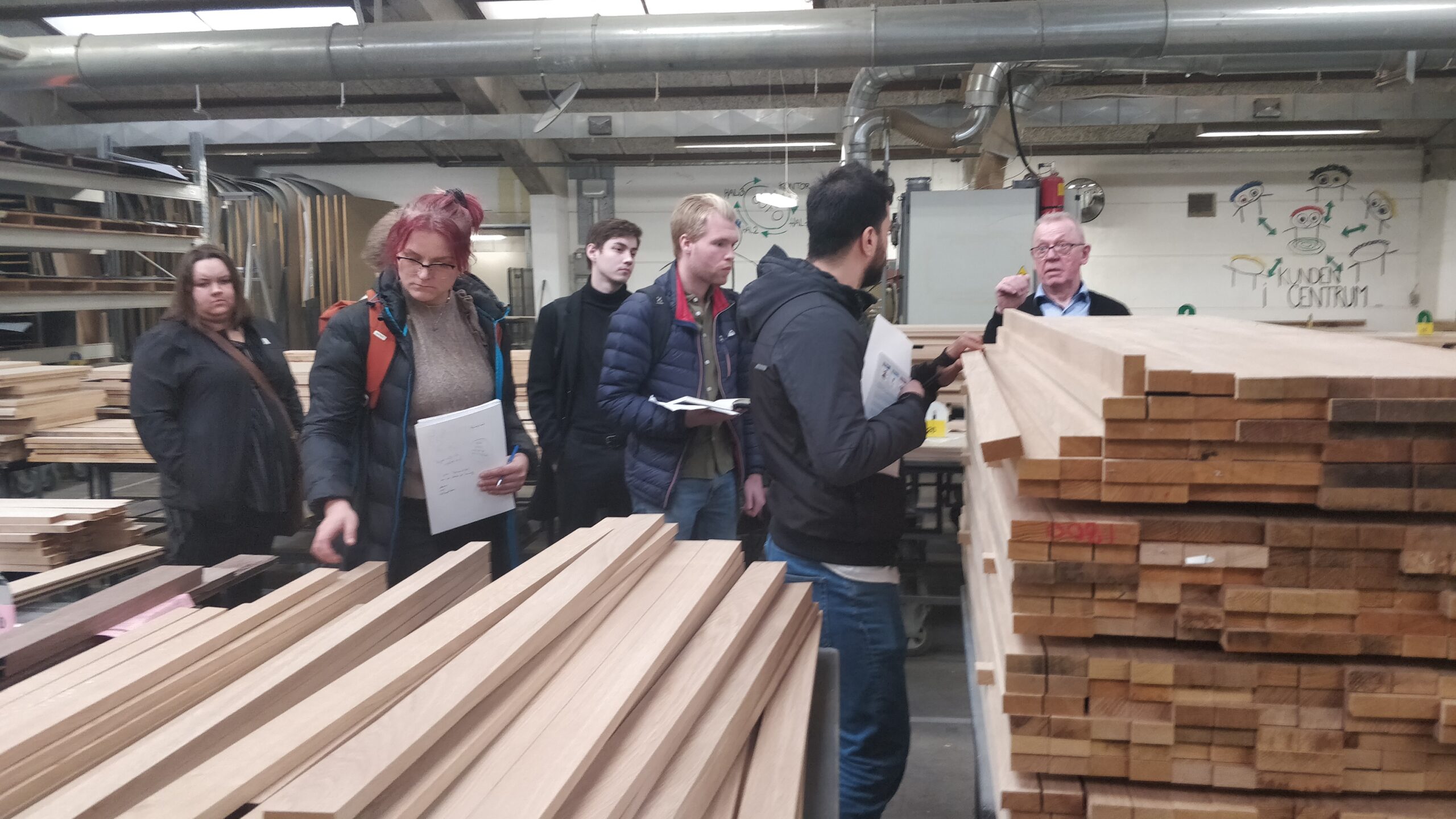For the project, it was important to include SMEs/Startups who were motivated for a green transition. In Denmark, the Greenbizz project has established a unique collaboration with municipalities/business services, which has helped the project to recruit the targeted number of businesses, because they know businesses’ green challenges. It takes time and experience to find relevant and interested businesses.
In addition to the collaboration with the 62 businesses, the project managed to establish 34 other project/organisational collaborations with e.g., VIKEN industrial cluster, AMU Center Nordjylland and ECSMV project Ringkøbing Skjern.
